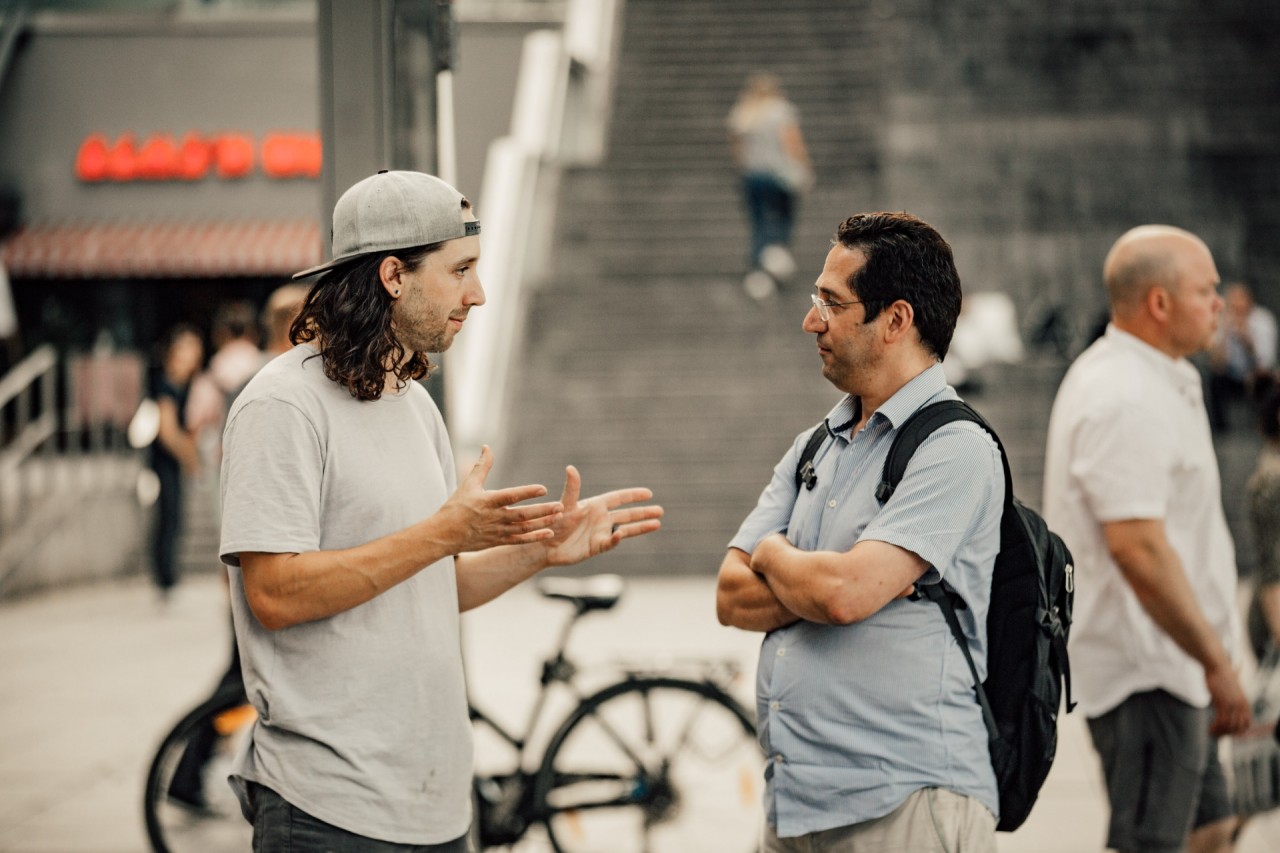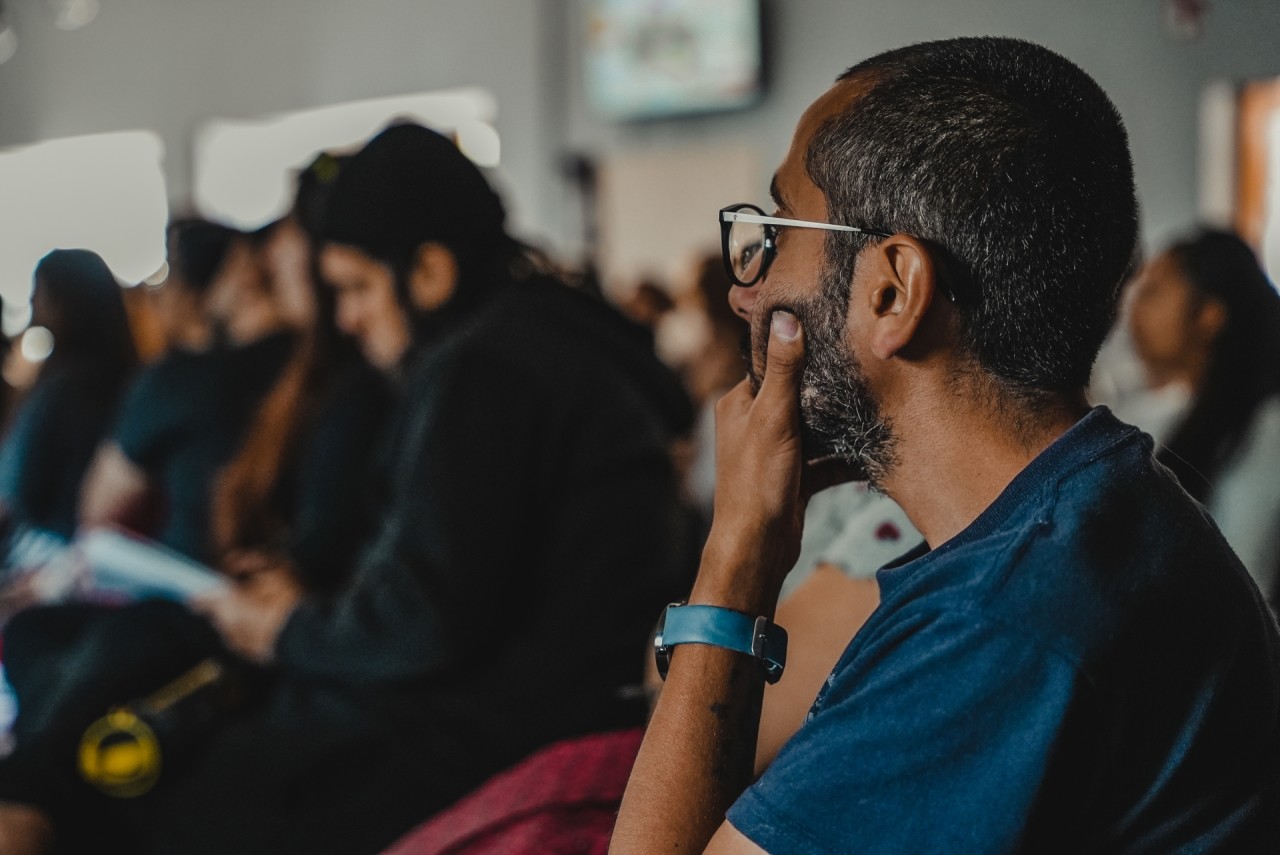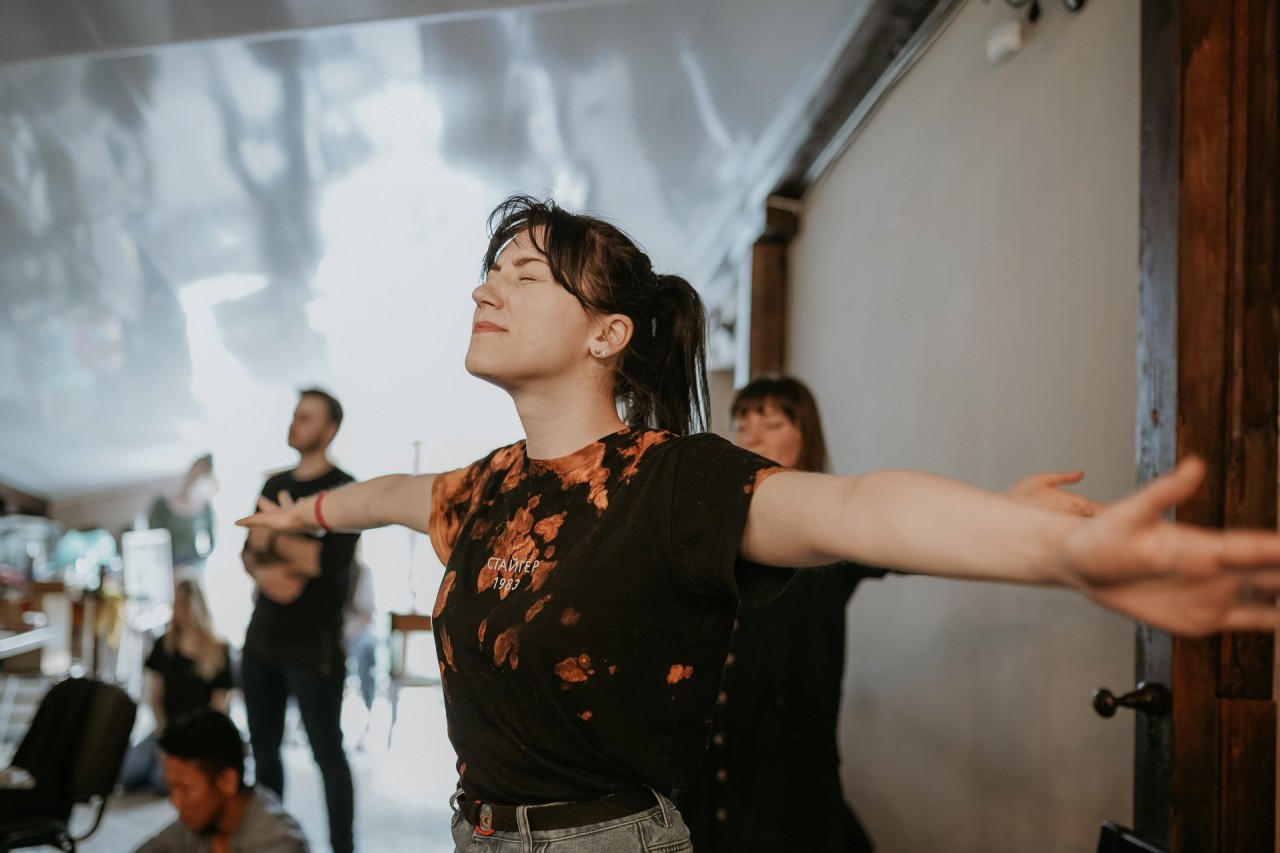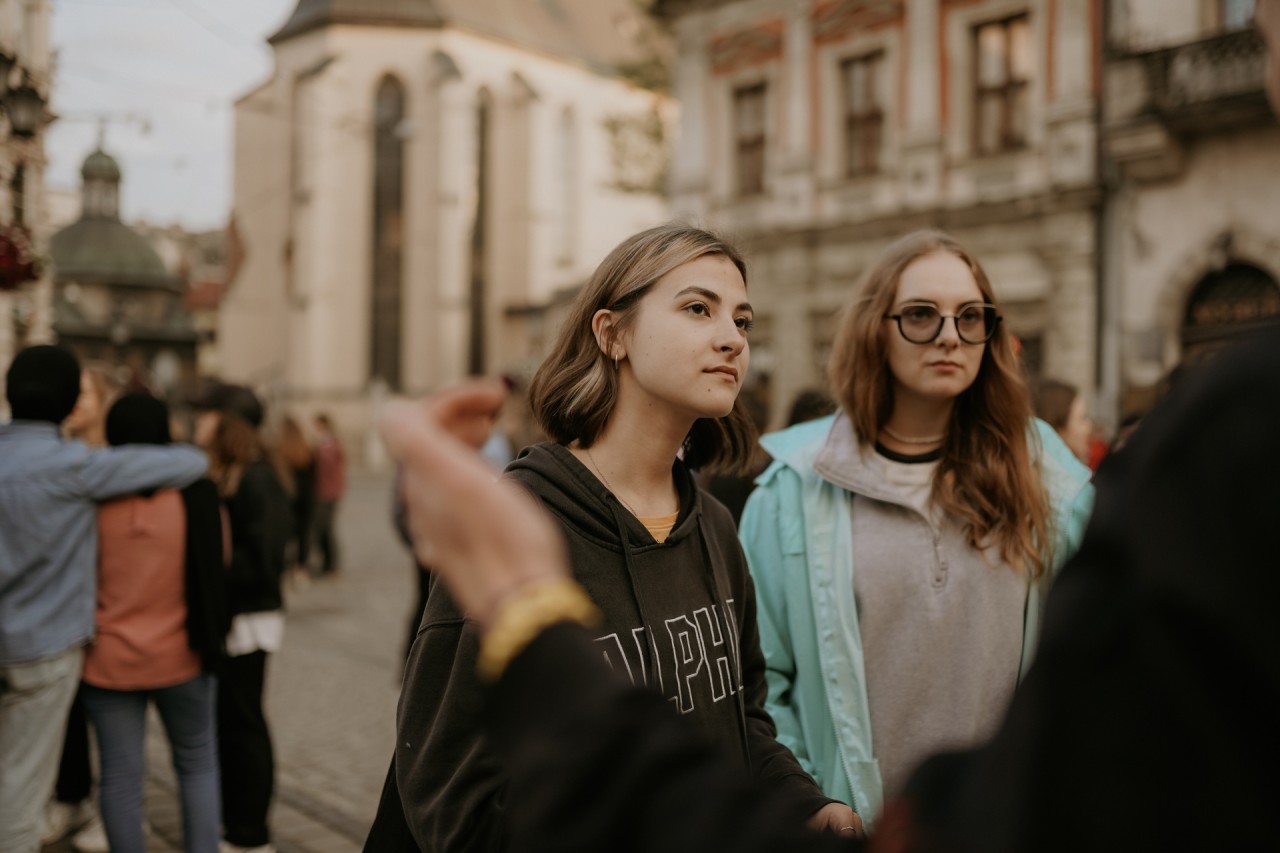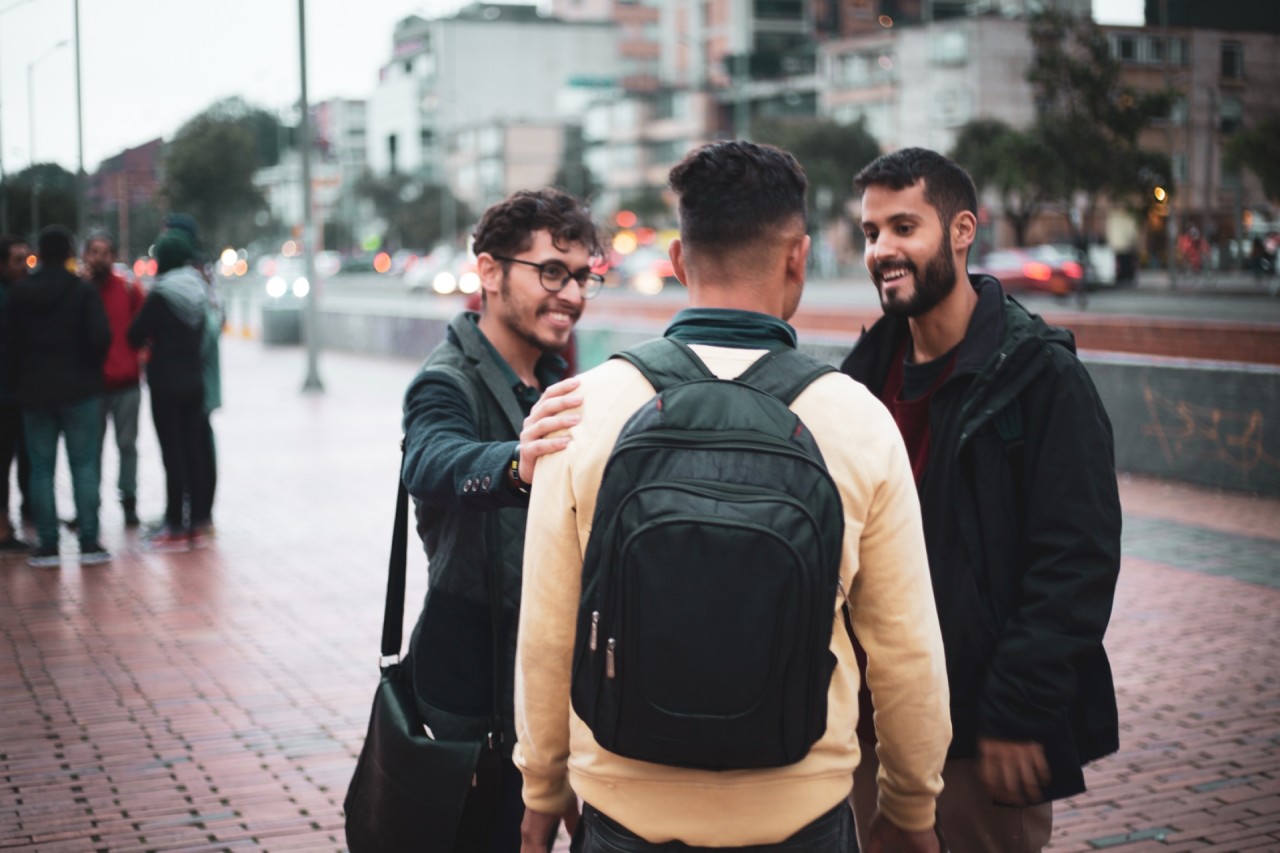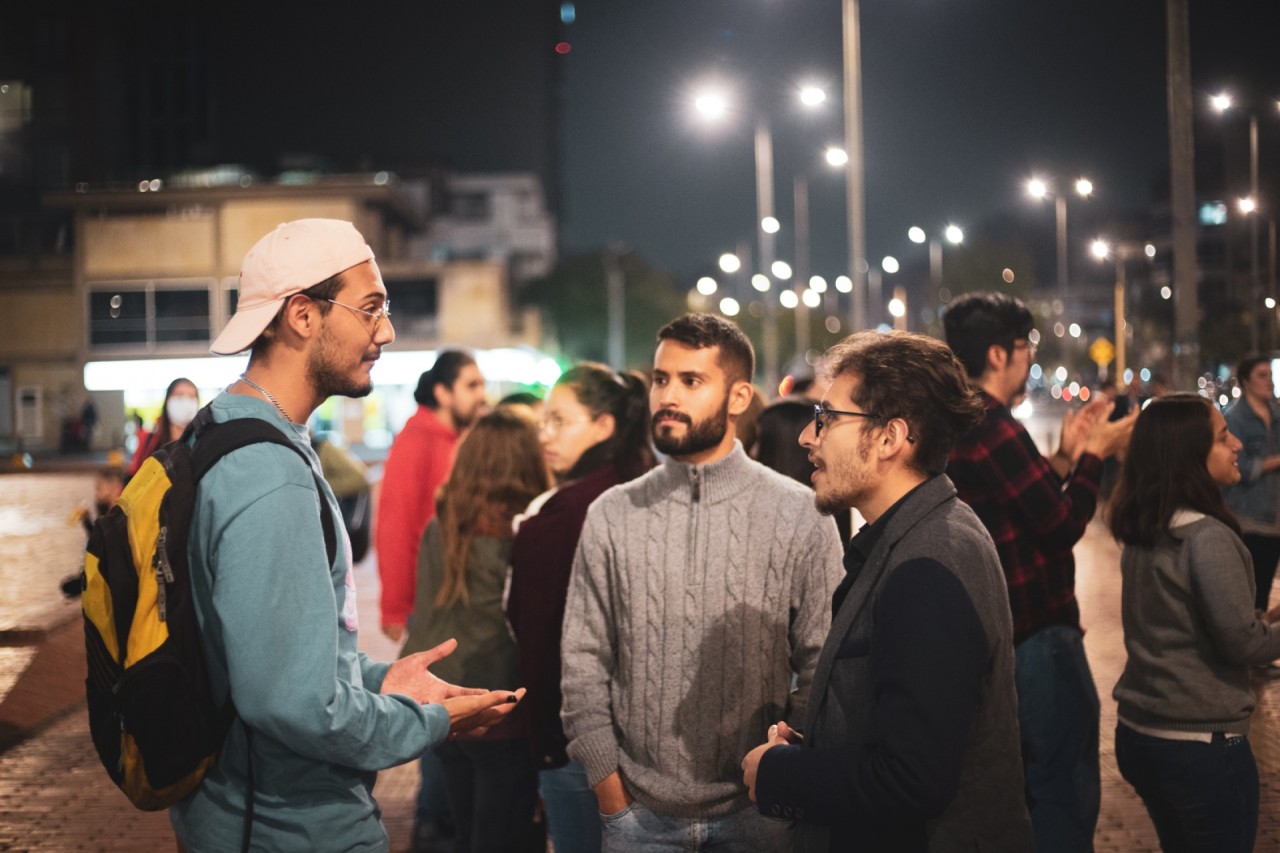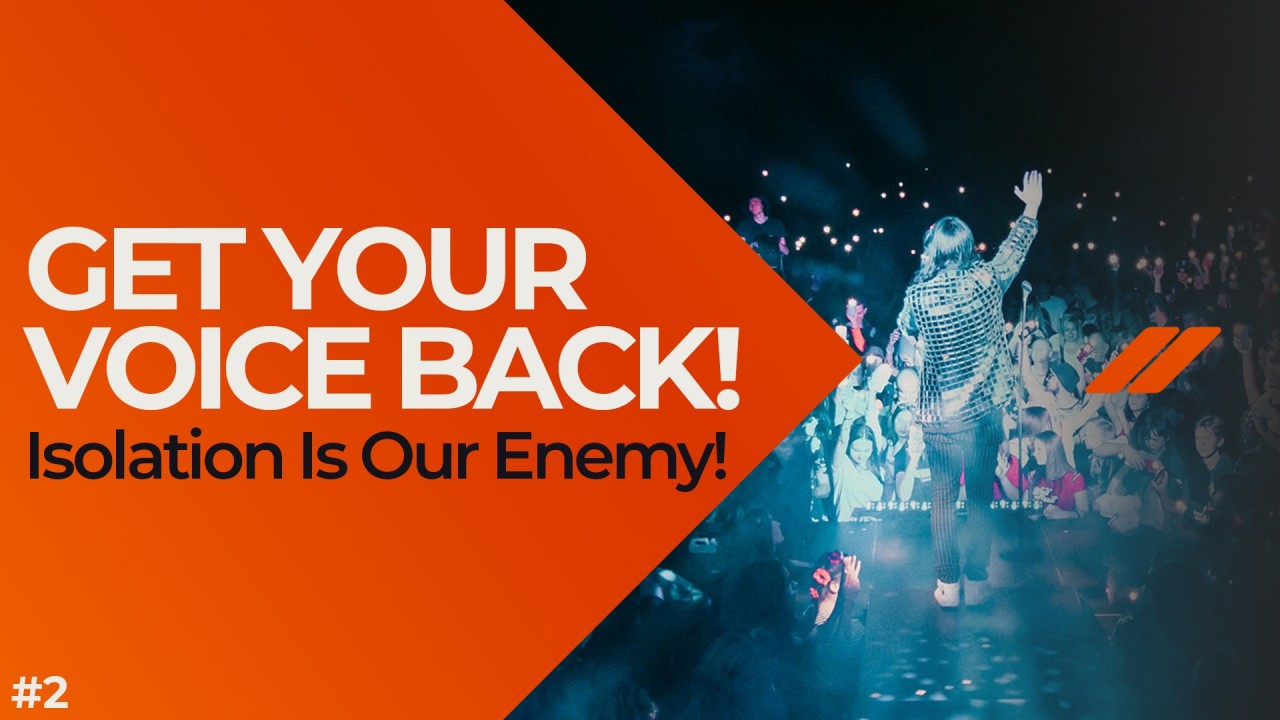I’ve been in full-time ministry for over a decade, and have experienced some incredible things. I have seen people kneeling in the main square of Reykjavík, Iceland; praying to receive Jesus in Beirut, Lebanon; and responding to the Gospel in cities from Moscow to Madrid to Warsaw.
When I was a teenager, my mom pulled out a school report from when I was six years old and held it up next to the one she had just received the day before. They both said the exact same thing, “Ben is a good kid, he just never stops talking!”
Seeing the ocean for the first time is an extraordinary experience, but if you see it every day, sadly, the sense of awe diminishes. Soon, you will barely notice it at all. This applies to almost any aspect of the human experience. Repeated exposure to anything, whether oceans, mountains, or ice cream, leads to familiarity, which over time dulls our appreciation for it.
It's critical to remember that "our struggle is not against flesh and blood, but against the rulers, against the authorities, against the powers of this dark world and against the spiritual forces of evil in the heavenly realms." (Ephesians 6:12)
Growing up, I was frequently told, "Never win the argument, but lose the friend." For someone as argumentative and competitive as myself, this was good advice. Unfortunately, I didn't always follow it.
If we are humble, we can discuss anything with anyone. It doesn't matter how hostile the person or divisive the topic. Humility leads us to listen more than speak. It gives us a genuine interest in other people and a teachable spirit. Most importantly, it frees us from the burden of needing to know everything. The truth is, no one has all the answers, not even Christians.
Followers of Jesus should be fluent in the motives, fears, and dreams of those around them. Like we talked about in the last post, we achieve this by being great listeners.
There is a hunger for deep and meaningful conversations today. If you ask good questions, you'd be amazed how many people open up. But asking questions is only half the battle.
In our increasingly complex world, it's natural to want simple explanations. Easy answers and obvious villains make the world safer to navigate.
Everyone has an opinion on politics, religion, racism, justice, the environment, etc. Yet, how often do we have meaningful conversations about these topics with people who disagree with us?
If we want to change the hearts and minds of people outside the church, we need to find common ground. We spend so much time focusing on our disagreements that we miss a huge opportunity.
As I stood under the huge bridge over the Vistula River in Warsaw, waiting for the ambulance to take the poor girl passed out on the floor, I watched the lost young guys and girls partying on, as if nothing had happened.
The world is increasingly divided over a growing number of contentious “hot topics.” As followers of Jesus, we have the truth – but we’ve lost our voice. People aren’t interested in what we have to say, and we are often to blame.
“Don’t let anyone tell you that you need to change. You are good the way you are. Put yourself first, and follow your dreams, then you will be happy.”
Human beings make mistakes. If you are one, this shouldn’t come as a big surprise. For the most part, we are good at forgiving ourselves, but other people? Not so much.
Jesus was a friend of sinners. He ate with them, healed them, and insisted on invitations to their house parties. Even when they hid from Him, He sought them out. He challenged the cultural norms of His day.
More than ever, the world needs to hear what Christians have to say, and yet they aren’t listening.
Are we to blame?
Everyone I know is tired - and not the “just need one good night sleep to recover” kind of tired, but something deeper. The world has plenty to say about rest: just do more of what you like, and less of what you don’t.
The world is broken, and it feels overwhelming. I know God wants to use my life to alleviate suffering and preach the Gospel. He calls me to follow Him no matter the cost.
The year 2020 changed us forever. The world has not been this collectively disrupted since World War II. In the United States, where I live, massive political unrest and racial tension threatened the already fragile stability of a country struggling to hold back COVID-19.

